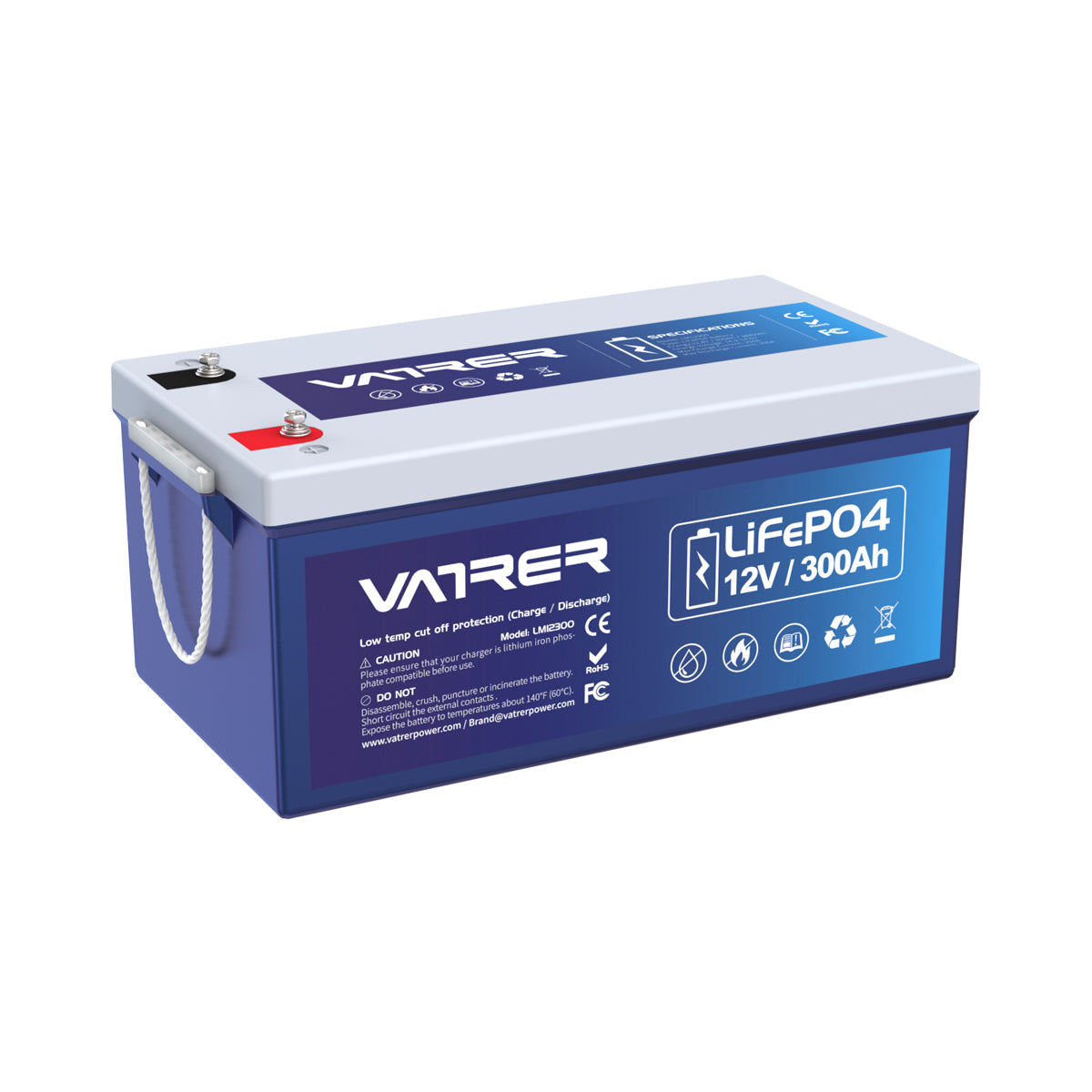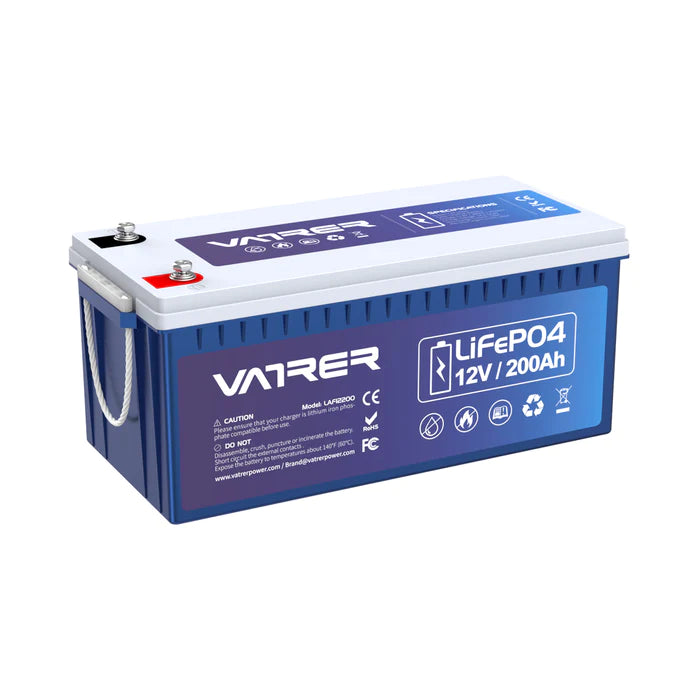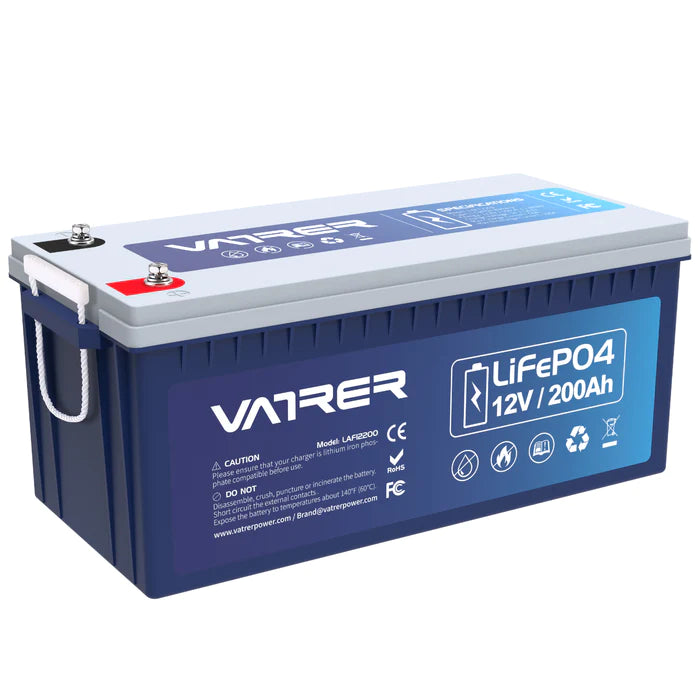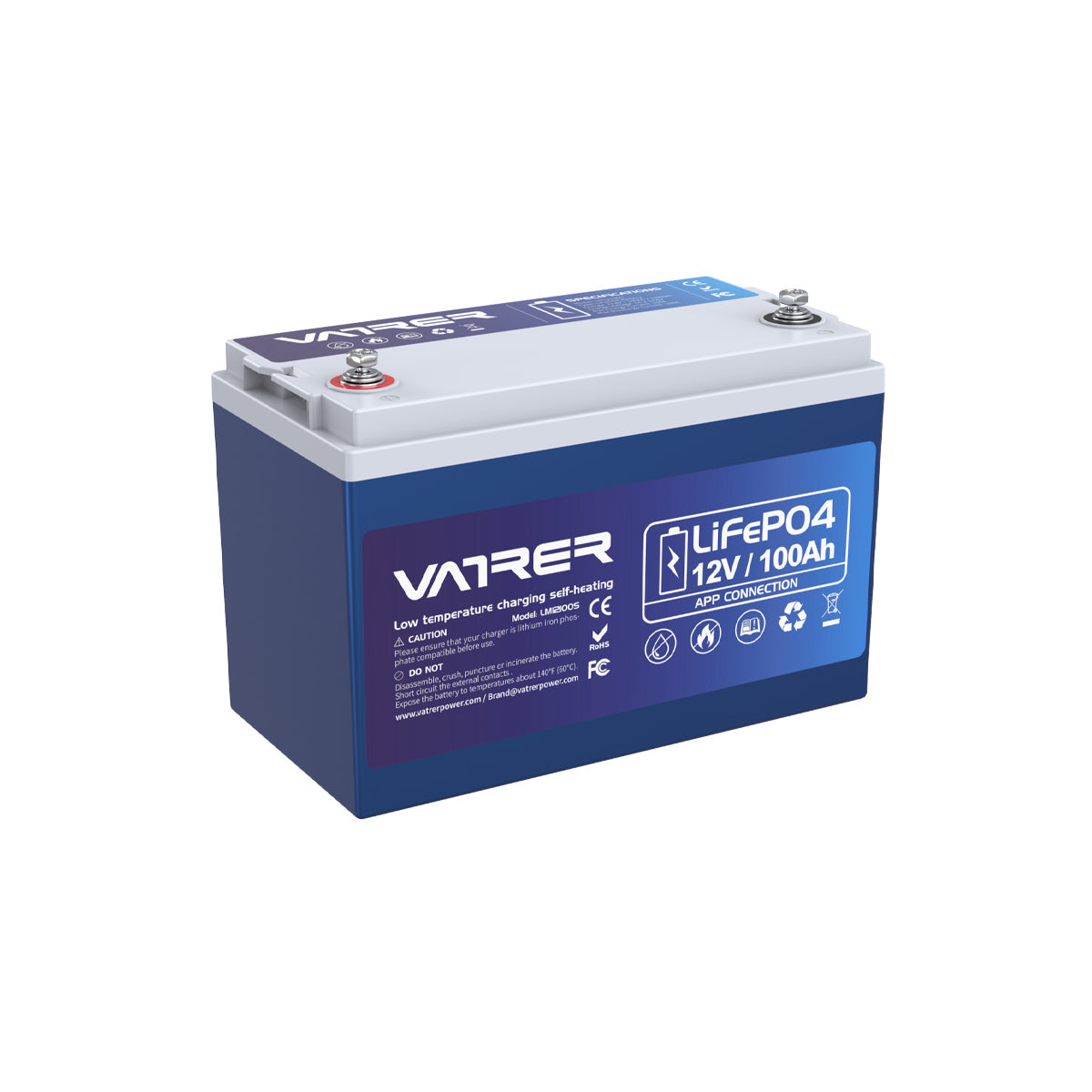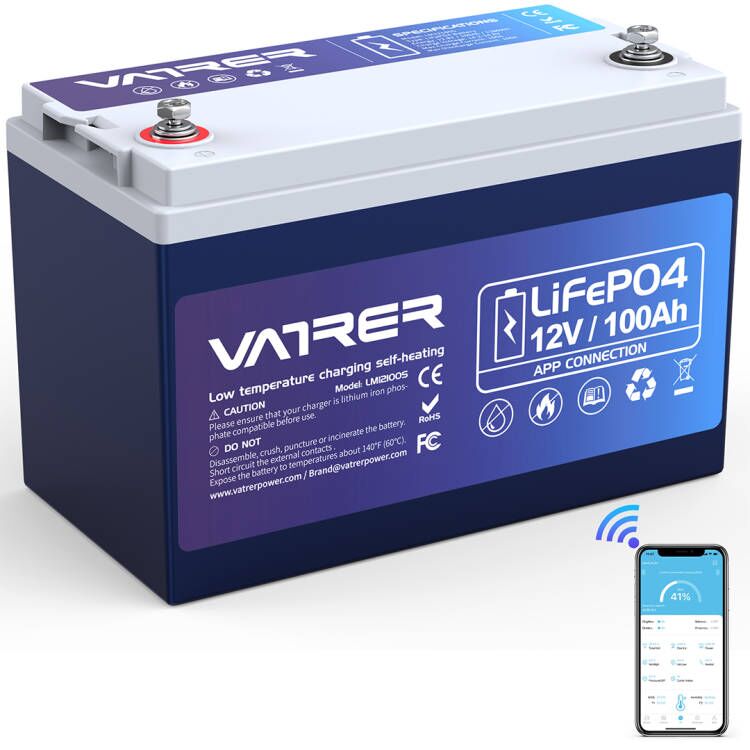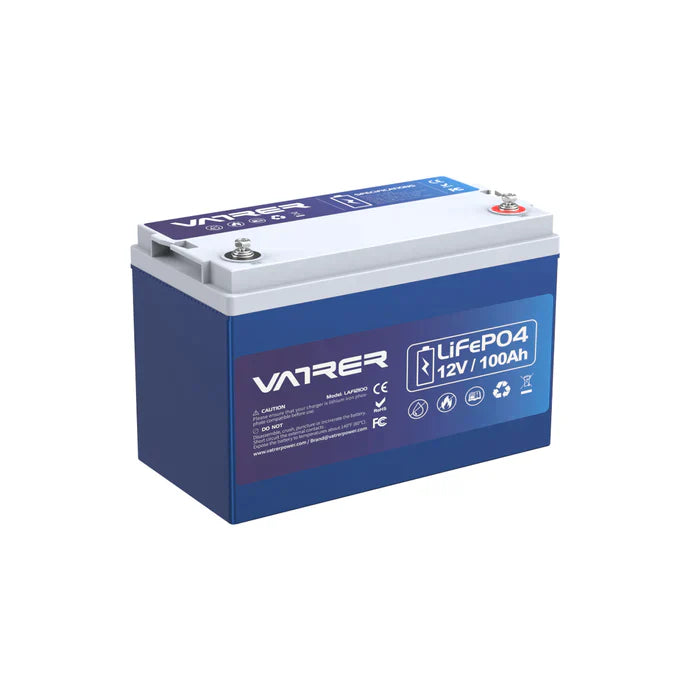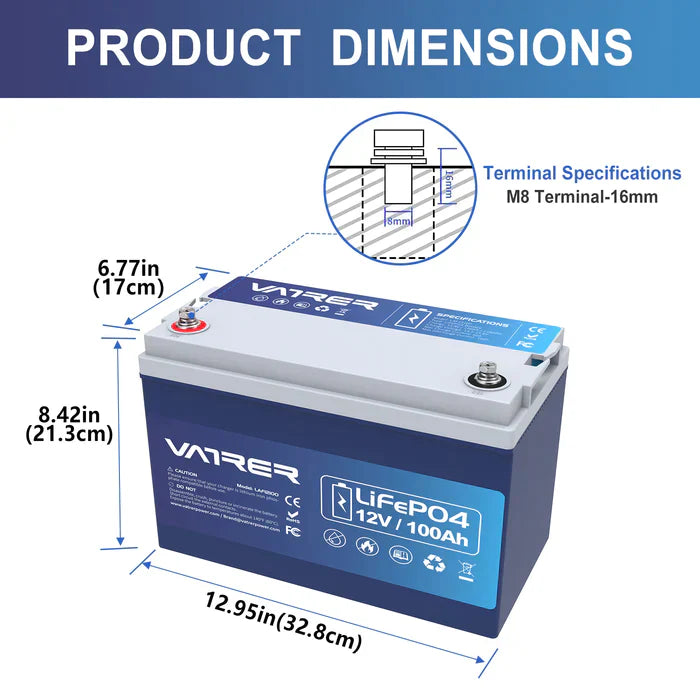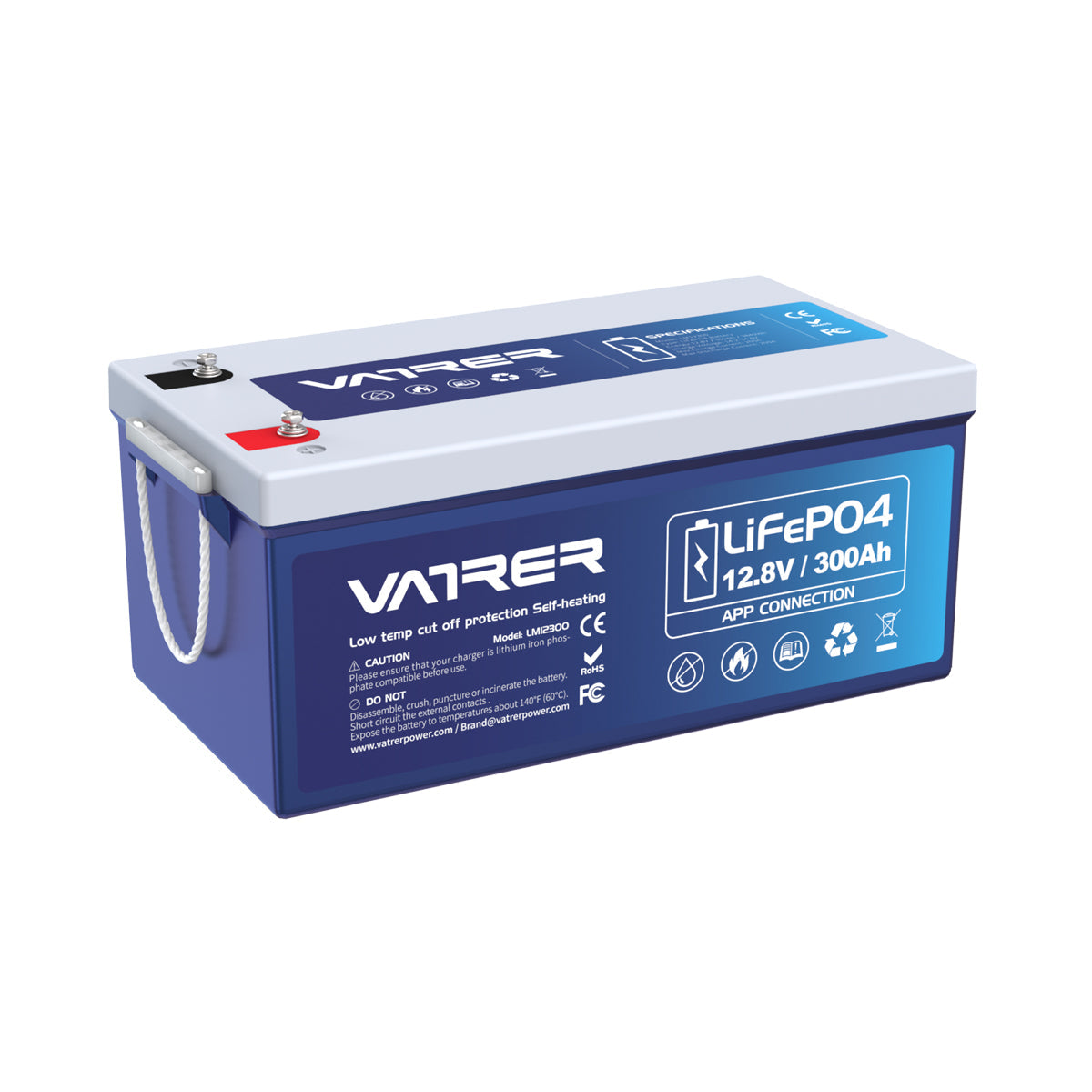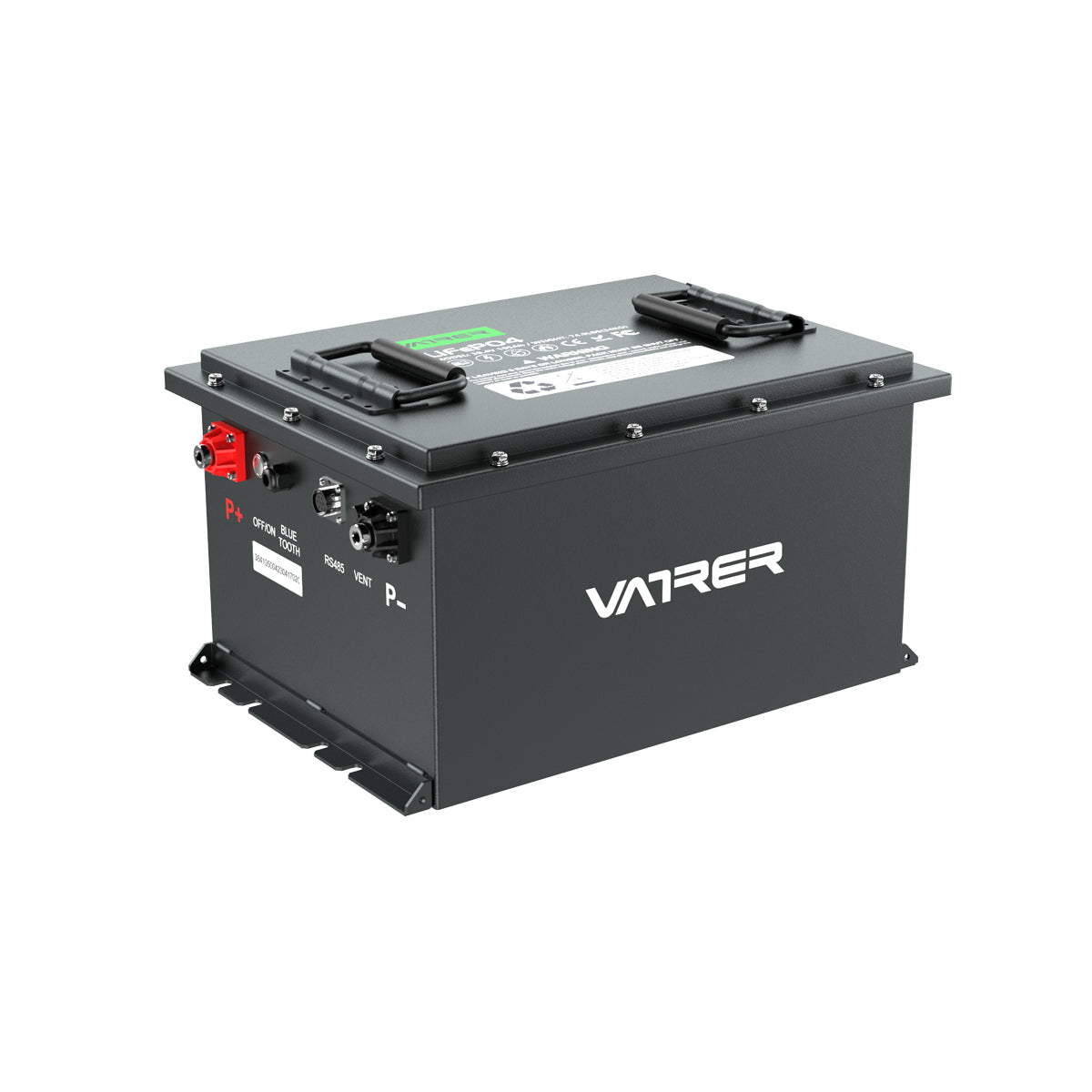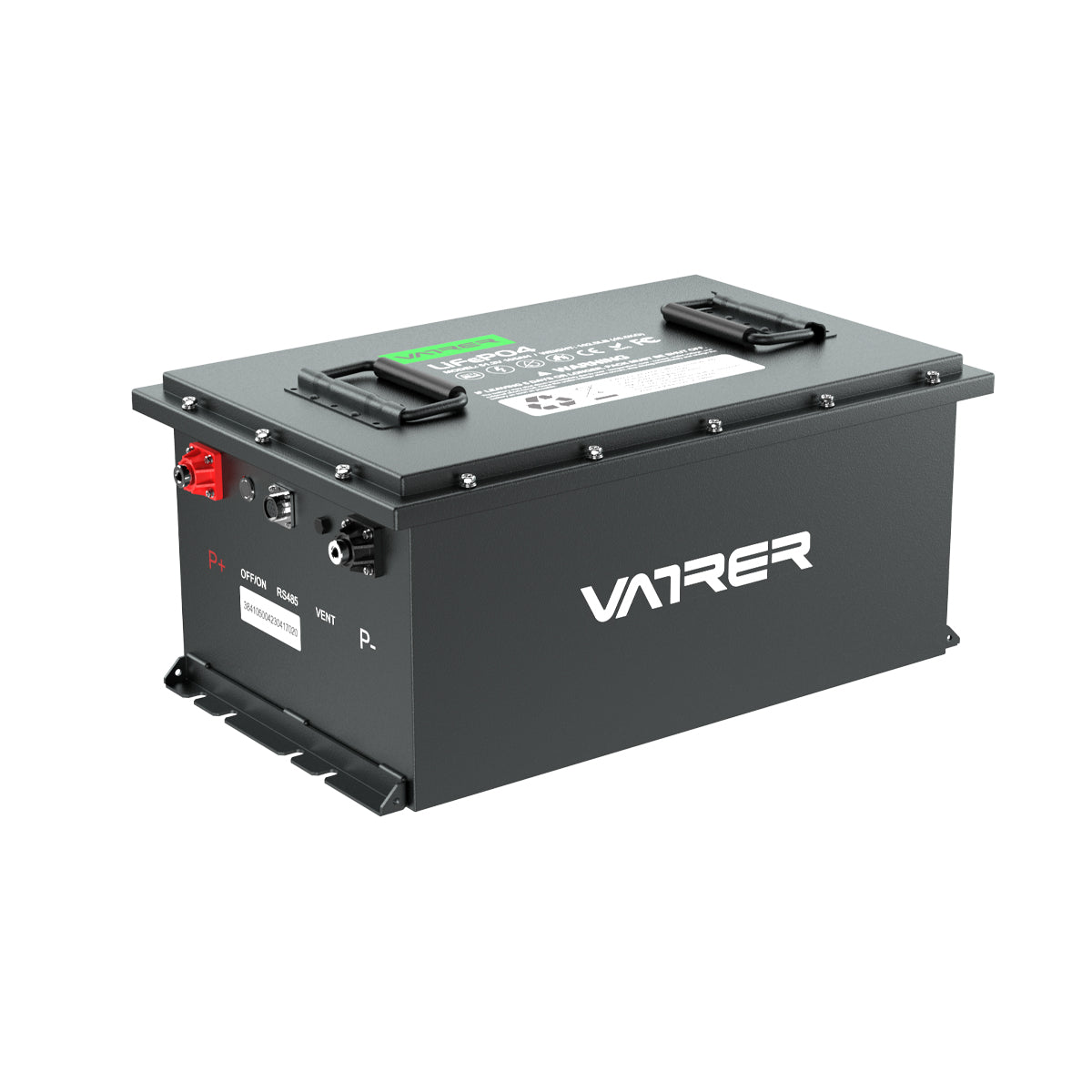When it comes to powering boats, the choice of battery can significantly impact performance, efficiency, and overall experience on the water. Among the various options available, lithium batteries have been gaining popularity. But are they really worth the investment? Let's explore the benefits and potential drawbacks to determine if lithium batteries are the right choice for your boating needs.

The Advantages of Lithium Batteries
-
Longer Lifespan
Lithium batteries typically offer a much longer lifespan compared to traditional lead-acid batteries. Lead-acid batteries usually last between 3-5 years, whereas lithium batteries can last up to 10 years or more, depending on usage and maintenance. This extended lifespan translates to fewer replacements over time, making lithium batteries a cost-effective option in the long run. -
Lighter Weight
One of the most significant advantages of lithium batteries is their weight. Lithium batteries are substantially lighter than lead-acid batteries. This weight reduction is crucial for boats because it can improve speed, fuel efficiency, and handling. A lighter battery can contribute to better overall performance and a smoother ride, especially in smaller or performance-oriented boats. -
Higher Energy Density
Lithium batteries have a higher energy density, meaning they can store more energy in a smaller space. This allows for more compact battery setups, freeing up valuable space on your boat for other uses. Additionally, this high energy density means you can go longer between charges, which is particularly beneficial for long trips or extended stays on the water. For example, a smaller physical battery can provide the same amount of power as a much larger lead-acid battery. -
Faster Charging Times
Lithium batteries can be charged much faster than their lead-acid counterparts. This is a significant advantage for boaters who need to get back on the water quickly. Whether you're at a marina with limited charging time or using solar panels, the ability to recharge quickly can make a big difference. Faster charging means less downtime and more time enjoying your boat. -
Low Maintenance
Unlike lead-acid batteries, which require regular maintenance to ensure optimal performance, lithium batteries are relatively maintenance-free. There is no need to top off water levels or perform frequent checks, saving you time and effort. This low maintenance aspect is particularly appealing for boat owners who prefer to spend their time on the water rather than performing upkeep. -
Consistent Power Delivery
Lithium batteries provide a more consistent power delivery compared to lead-acid batteries. Lead-acid batteries can experience voltage drops as they discharge, which can affect the performance of your boat's electrical systems. In contrast, lithium batteries maintain a more stable voltage throughout the discharge cycle, ensuring that your electronics and other onboard systems operate reliably. -
Environmentally Friendly
Lithium batteries are generally more environmentally friendly than lead-acid batteries. They contain fewer toxic materials and are more efficient, which means they contribute less to environmental pollution over their lifespan. Additionally, their longer lifespan means fewer batteries are disposed of, reducing waste.
Potential Drawbacks
-
Higher Initial Cost
The most notable drawback of lithium batteries is their higher upfront cost. They are more expensive than lead-acid batteries, which can be a deterrent for some boat owners. However, when considering the longer lifespan, reduced maintenance costs, and improved performance, the long-term investment may still be worthwhile. For many, the benefits outweigh the initial sticker shock. -
Compatibility Issues
Not all boats are initially set up to handle lithium batteries. You may need to invest in additional equipment or modifications to ensure compatibility, such as a new battery management system (BMS). This system is crucial for safely charging and discharging lithium batteries, preventing overcharging, overheating, and other potential issues. It's essential to check whether your boat can accommodate lithium batteries without significant changes. In some cases, this additional investment can be a barrier. -
Sensitivity to Temperature
Lithium batteries can be sensitive to extreme temperatures. High temperatures can reduce their lifespan, while very low temperatures can affect their performance. Proper storage and usage are crucial to ensure they last as long as possible. For instance, in very cold climates, you might need to ensure the batteries are kept warm to maintain efficiency. Some lithium batteries come with built-in thermal management systems to handle these issues, but this can add to the cost. -
Initial Learning Curve
Transitioning to lithium batteries can come with a learning curve. Boat owners need to understand the differences in charging protocols, storage requirements, and overall management. While the maintenance is lower, the initial setup and understanding of how to best utilize lithium batteries can require some education.
Conclusion
So, are lithium batteries worth it for boats? The answer largely depends on your specific needs and circumstances. If you prioritize longevity, weight, and efficiency, and are willing to invest in the higher initial cost, lithium batteries can be an excellent choice. They offer numerous advantages that can enhance your boating experience and reduce long-term costs.
However, it's essential to consider compatibility with your boat and how you use it. For those who are okay with the higher upfront investment and can manage the temperature sensitivity, the benefits of lithium batteries often outweigh the drawbacks.
In summary, lithium batteries are a worthy consideration for boat owners looking to improve performance and efficiency. As with any significant investment, it's important to weigh the pros and cons and determine what's best for your boating lifestyle. The enhanced performance, longer lifespan, and reduced maintenance needs make lithium batteries a compelling option for modern boaters.







![[Buying Guide] Should I Buy Lithium Batteries on Black Friday?](http://www.vatrerpower.com/cdn/shop/articles/Should-I-Buy-Lithium-Batteries-on-Black-Friday.webp?v=1731467571&width=500)






































